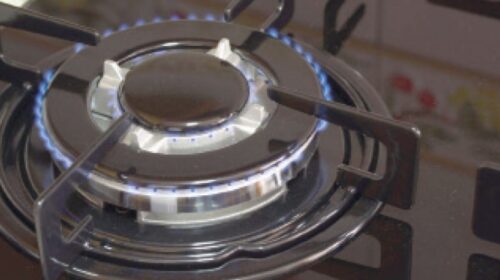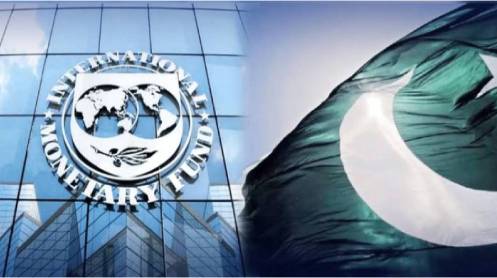The EU on Wednesday proposed a law requiring natural gas storage be filled to a minimum 80 percent before next winter as it grapples with soaring energy prices exacerbated by the fallout from Russia’s war in Ukraine.
The measure is one of several options the 27-nation bloc is looking at as inflation and projected lower economic growth from the war erode a vibrant recovery from the Covid pandemic.
It is especially important because Russia provides nearly a third of the EU’s natural gas imports. While those have been left untouched by EU sanctions so far, public and political pressure is growing for sanctions on Russian fossil fuel exports. Russian President Vladimir Putin on Wednesday announced that Moscow will only accept payments in rubles for gas deliveries, a move that threatens to further roil the energy market.
“Global and European energy markets are going through turbulent times, particularly since the Russian invasion of Ukraine. Europe needs to take swift action to ensure our energy supply for next winter, and to alleviate the pressure of high energy bills on our citizens and businesses,” EU energy commissioner Kadri Simson said in a statement.
“Today’s proposals are another step forward in our intensive work on this front,” she said.
Putin wants ‘unfriendly’ countries to pay for Russian gas in roubles
The legislative proposals mapped out by the commission include calling for the 80-percent minimum gas storage level to be in place by November this year, with the possibility of the level being raised to 90 percent in following years.
It also suggests setting up a bloc-wide task force to spearhead joint EU gas purchases, and a certification system for storage — which would be categorised as “critical infrastructure” — to prevent “outside influence” from non-EU suppliers such as Russia’s Gazprom.
For them to be adopted, they need to be passed by the European Parliament and agreed to by EU member states.
European Commission chief Ursula von der Leyen tweeted that the mooted package was “key to make prices go down”, though observers noted that high energy costs were a global phenomenon.
While the proposals went some way to respond to pleas for intervention from EU countries such as Spain, European Union officials admitted their room for manoeuvre was limited.
“The bottom line here is that there is no silver bullet,” one official told journalists, explaining that compensating for sky-high energy prices at either the retail or wholesale stages carried big risks.
“They could distort trade in the internal market and henceforth they could also lead to risks to security of supply,” the official said.





